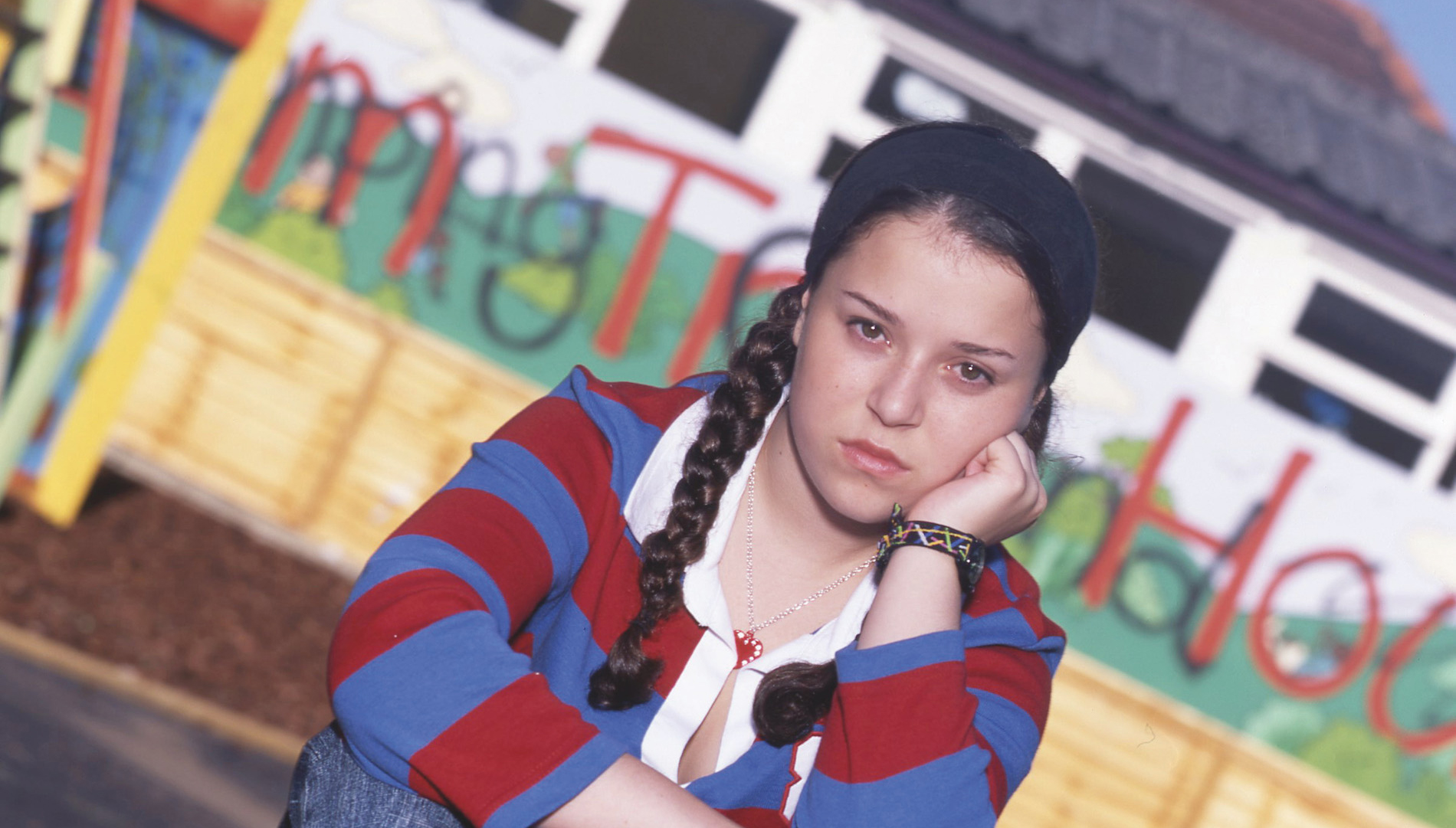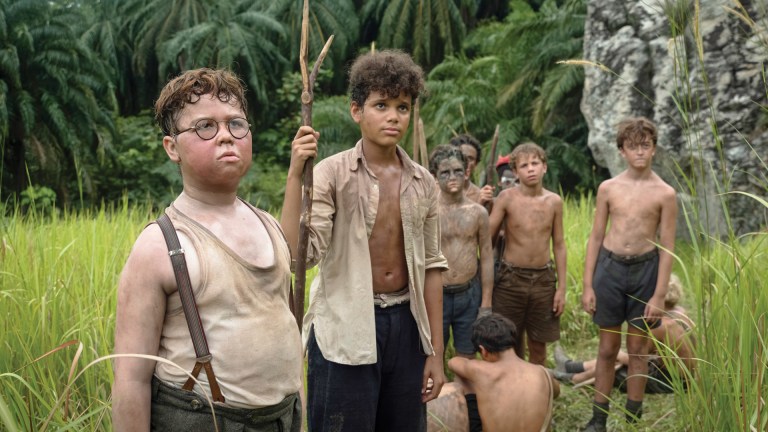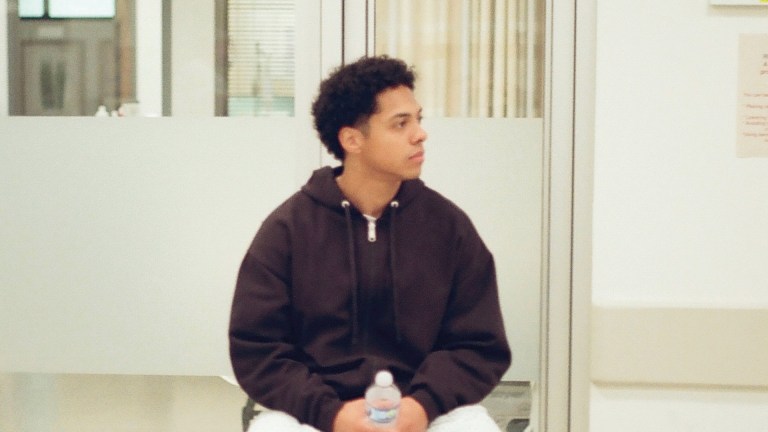A 2017 report, Perceptions of Care, carried out by the charity Become which works with children in care and care leavers, found that young peope thought there was “a perception that children in care and care leavers had family issues, were trouble, and were uneducated. They made particular mention of the Tracy Beaker television programme, and its spin-off ‘The Dumping Ground’, with many young people saying that they think it gives a negative portrayal of what being in care meant.”
The report’s top-line quote from a young person in care was: “We are expected to fail, and it is a stigma. I hated telling people I was in care because it feels like people judge you.”
Kenny Murray, public affairs co-ordinator for Who Cares? Scotland, a voluntary organisation which works with care experienced young people and care leavers, said his inbox and Direct Messages on social media have been “going non-stop” since the news of Wilson’s future-Tracy broke.
“Care experienced people are increasingly angry about portrayal of their life in the media. It’s regularly co-opted by fiction writers, in books and on TV, as a means to show how messed-up a character was. Not just Jacqueline Wilson, but on TV shows like The Fall, Tin Star, Mad Men. It’s a lazy way to show that a character is messed-up rather than building it through character development and dialogue. Were they abused as a child, a victim of neglect or trauma? No – they were in a care home. That’s the reason. It’s almost part of the stigma of being in care, if you’re in care you’re going to be messed up.”
Advertising helps fund Big Issue’s mission to end poverty
Murray, who was himself in care from the ages of 11 to 15, said: “It is true, care experienced people do have poor outcomes: you’re more likely to die before you are 25, one-third of prison population is care experienced, you are more likely to be homeless, more likely to have mental health problems. You are more likely to see the inside of a cell than a university.
Where is the critique of a system that hasn’t changed for almost 150 years?
Murray suggested that Wilson could use Tracy’s future situation to address the failures in society to adequately support care experienced young people – that failure being the main reason that many end up in difficult situations.
“Where is the critique of a system that hasn’t changed for almost 150 years? Where is the critique of successive governments that have allowed this to happen? Where is our ambition for Tracy? What’s happened in her life and ultimately who is taking responsibility for these poor outcomes.”
Children’s charity Barnardo’s supports young people in care and care leavers to help tackle the challenges that they face and achieve positive futures. Barnardo’s chief executive, Javed Khan, acknowledged that the Tracy Beaker books and TV series were “ground-breaking and introduced many young readers to the issues facing children in care.”
And the deluge of media coverage about the new book illustrates what a potent force Tracy remains, how powerful the unusual narrative of a troublesome kid in a care home was – and the continued, almost voyeuristic, fascination over how things pan out for her in later life. But each individual leaving care has unique complex challenges to tackle, and both Murray and Khan believe better support is essential.
“We know from our work supporting thousands of care leavers across the UK, that young people leaving care are some of the most vulnerable in our society,” commented Khan. “They are often expected to become independent adults abruptly at 18, typically at a younger age than their peers, and are not always ready to manage on their own. Without the support network and safety net of a family, they can struggle to make this transition.
Advertising helps fund Big Issue’s mission to end poverty
“While the new Tracy Beaker book may reflect the reality of lots of young people leaving care, our experience shows that with the right support like the kind offered by Barnardo’s, they can go on to lead positive lives. What they want and what might be right for them will differ from person to person. They may want to start a family, they may want to undertake employment, training or further education. At Barnardo’s we try to ensure young people develop the life skills to cope with future challenges.”
Wilson speaks of still-troubled, grown-up Tracy with affection: “I’ve always thought that, even though Tracy had lots of problems in her life and a pretty rubbish mum who was never there for her, Tracy herself would be a good mum, no matter what.”
But this, feels Murray, is an over-simplified, even romanticised version of the reality. Aged 27 and a parent himself, he says: “As a parent and someone who is care experienced, you don’t have a structural understanding of what family life looks like. Inevitably you’re trying to fill the gaps you had alone, and that’s not healthy. There is room for Jacqueline Wilson to talk about that in the new book.”
What would Murray most like to see happen to change perceptions and bust those negative stereotypes of what care leavers can achieve? “It would be good if Wilson, and other fiction writers, spoke to care experienced people to allow us to tell her what we think. Rather than co-opting it, she could co-design. We are here, we are easy to reach, we are friendly. Who Cares? Scotland has a big membership who avidly want to share their opinions.
“We have an opinion on how we are portrayed, we would like to be able to help shape that, and to do it from a place of empowerment rather than critique.”









